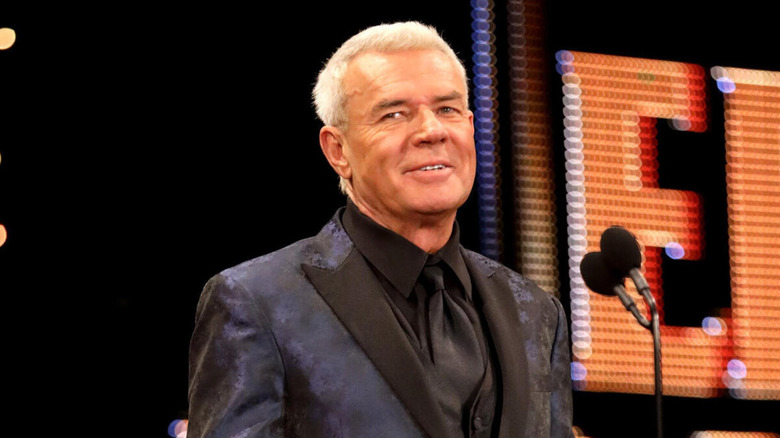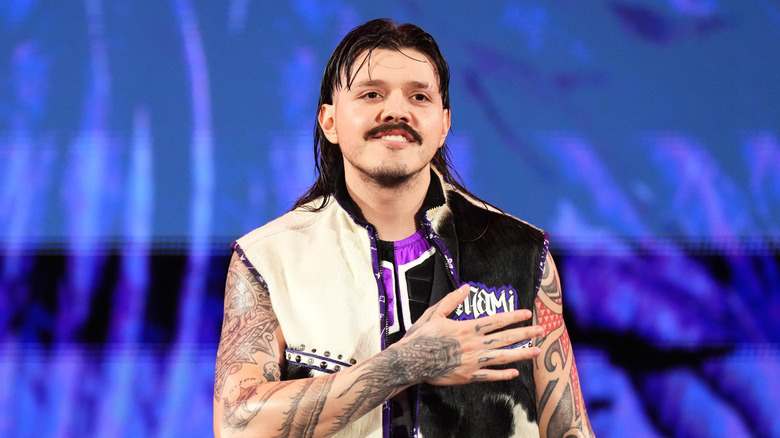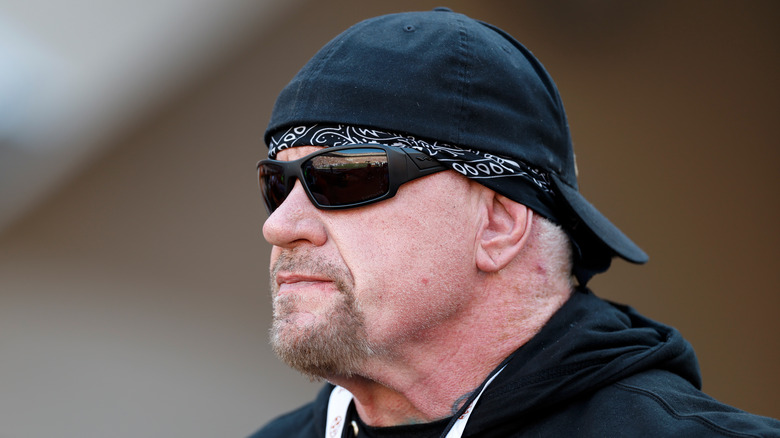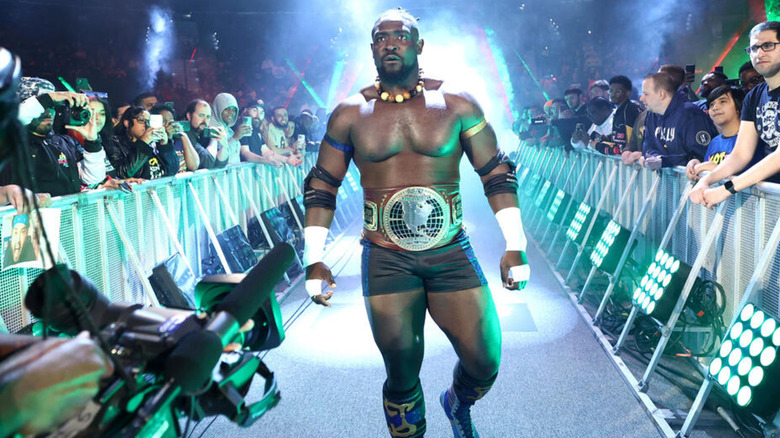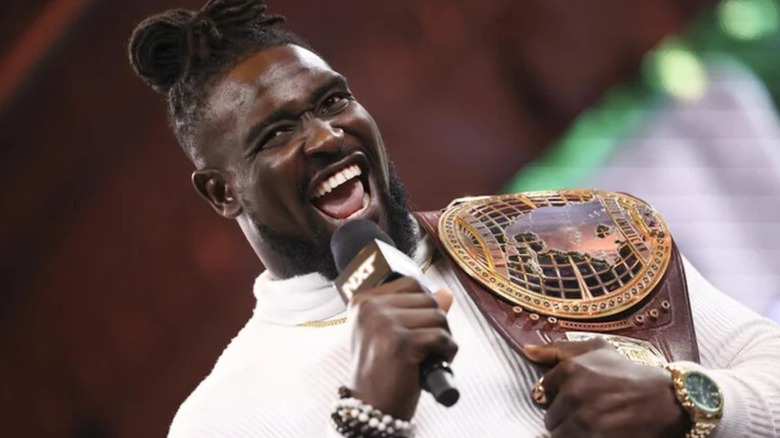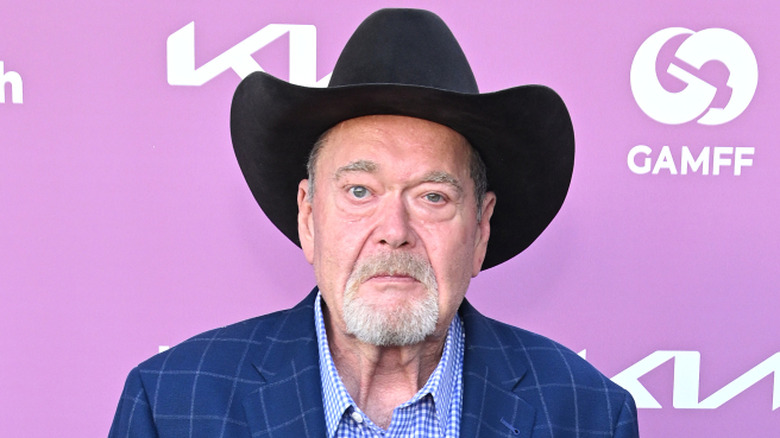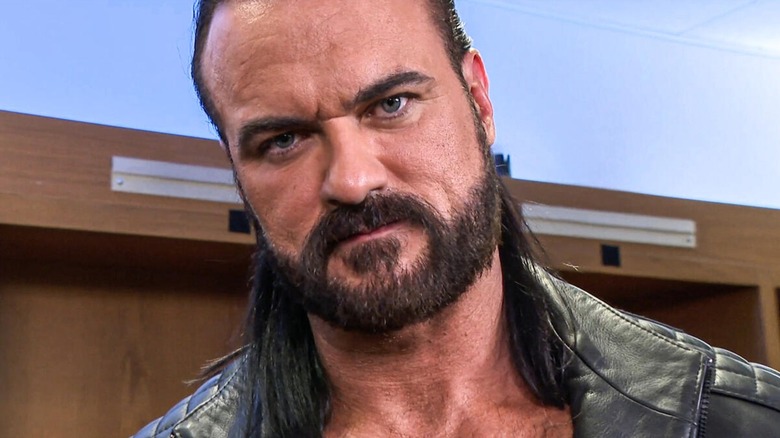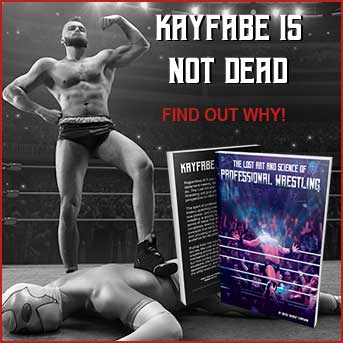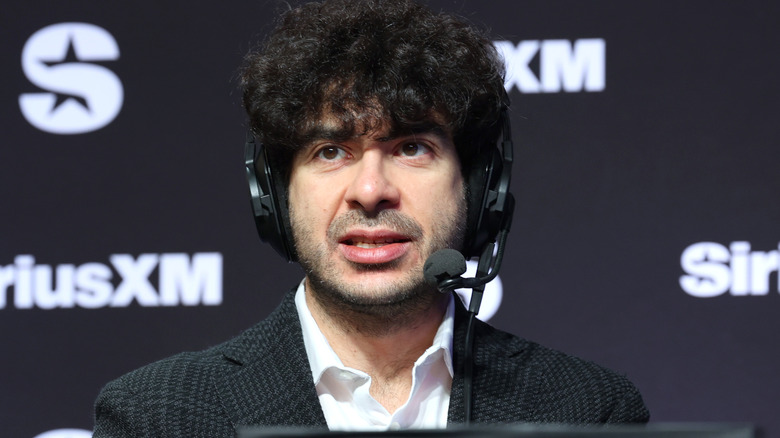Eric Bischoff referred to Paul Levesque as "geographically undesirable" as WCW simply couldn't pay for Levesque's travel, and unless he was willing to move to Atlanta, they could not offer him a fair salary. That, combined with WCW's pre-existing contract costs for other talent, resulted in Levesque's low pay.
"Contractually, I didn't have the budget — me, WCW didn't have the budget," Bischoff confessed. "As high as Ric Flair was on Paul, and Terry Taylor was on Paul, and a number of other people ... we couldn't really pay [Levesque] what he was looking for."
Bischoff argued that while Levesque's move was not ideal, the timing eventually worked for "The Game." He claimed that Levesque — "fresh out" from wrestling school with only a handful of independent dates under his belt — came to WCW to gain exposure and experience.
"WCW was just a stepping stone for Paul, and because I couldn't really entice him financially, I think it was a foregone conclusion — regardless of how any of us felt about Paul and his potential — he wasn't long for WCW," Bischoff said.
Bischoff acquiesced that Levesque's departure from WCW was a matter of great timing. Despite being WWE's biggest competitor in the '90s, WCW went under by 2001 and was bought out by WWE. The timing of Levesque's departure "worked out really, really well" and was conducive to Levesque's current position, both as an icon of wrestling history and WWE's current CCO.
"Had he stuck around for WCW, what could've been? Or could not have been, obviously," Bischoff concluded. "But, it worked out in the end."


